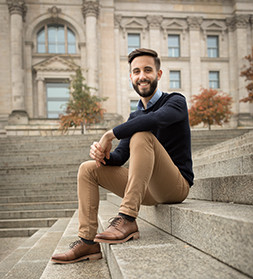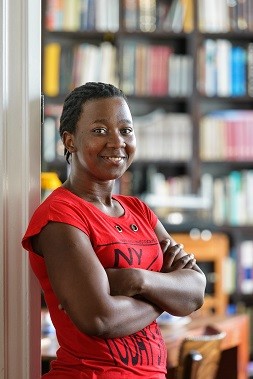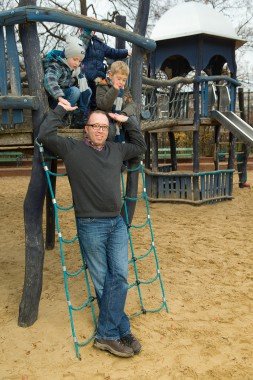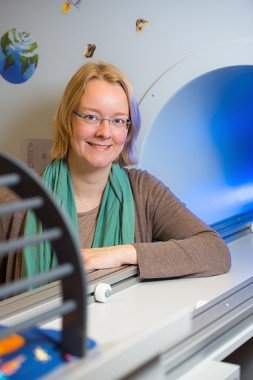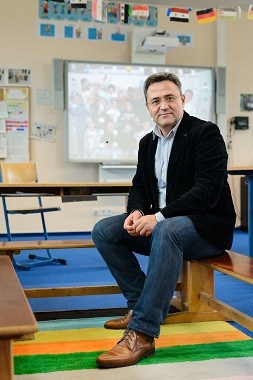A Key Issue of the Future: Care for the Sick and Elderly- Why Germany Needs to Act
Oberhausen, November 2014. The consequences of demographic change are already evident in Germany today – but also in other European countries: the population is shrinking and ageing. According to UN calculations, if the birth rate remains constant, the percentage of people over the age of 65 will rise from its current level of approx. 20% to around one-third by 2050. The resulting decline in the number of working age people will lead to shortages in skilled workers in many industries and regions. The dramatic impact of this development is already clearly visible today in the care of the sick and elderly: Germany already lacks qualified care professionals. This trend will intensify in the future as the population ages: more and more older people and fewer and fewer young people. The immigration of trained care professionals thus makes an important contribution to at least cushioning the impacts of this trend.
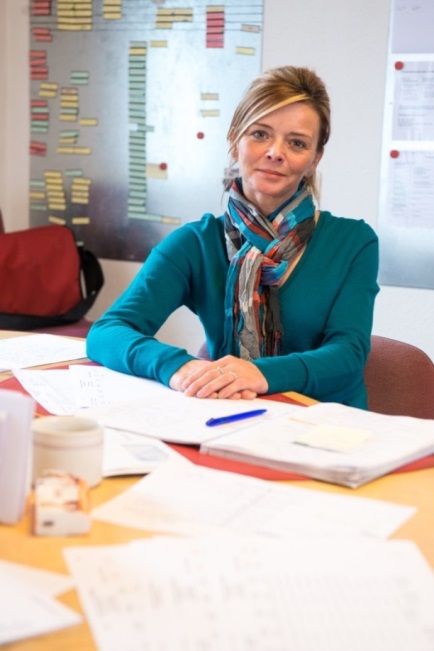
We would like to introduce Marta Batorek, who is from Poland, and is now the assistant manager of care services in Oberhausen.
Marta Batorek grew up near Kattowitz (Poland). She came to Germany 20 years ago with her husband at the time. “I wasn’t really worried about anything, I was young. When you’re that age, you don’t think things over for long, you just act.” Because her husband had been granted German citizenship as a Spaetaussiedler, or repatriated ethnic German, the move to Germany presented few difficulties and Marta Batorek herself was granted German citizenship without much effort. One challenge, however, was that she hardly spoke German. “But I was very lucky and was able to take a German class for a whole year. This really helped me because at the beginning I was too shy to speak.”
Because she came to Germany without any formal qualifications, she wanted to find work as quickly as possible to have financial security. She found a job as a cleaning woman through an advert. After some time had passed, she decided that she wanted to work in the care of the sick and elderly. Her search for a full-time job led her to Diakonie where she initially worked as a household assistant. Shortly after this, she completed a three-year training programme in the care of the elderly and worked in ambulatory care services and homes for the elderly before starting as a care professional at the Ruhrwerkstatt in Oberhausen. After two years of additional training, Marta Batorek assumed the position of assistant manager of care services there.
“For me, there are hardly any differences in Polish and German mentality, but my job has shown me what I really appreciate about Germany: people can age here with dignity. Pension and health insurance make this possible. The thought that my parents, who live in Poland, will someday need care, worries me. Poland has a lot of catching up to do in this area.”
She can’t imagine moving back to Poland. “I am a German citizen, my home is here and I feel more German than Polish.My Polish identity has blurred with time and seems very remote to me.”

